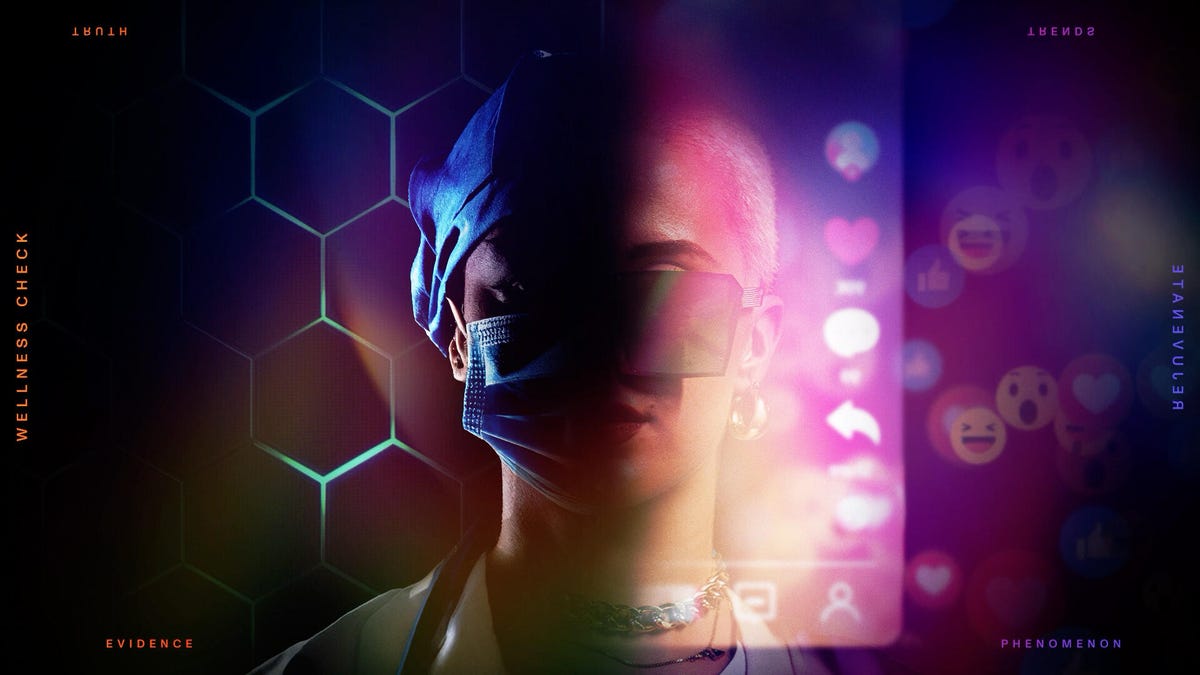UPDATE: A troubling 2023 study reveals that over 100 million Americans—approximately one-third of the U.S. population—are facing significant barriers to accessing primary health care. The situation has worsened dramatically, with barriers nearly doubling since 2014. This growing health care trust crisis is pushing many to seek answers from wellness influencers, often leading to misinformation and potential harm.
Urgent reports indicate that Dr. Mike Varshavski, known as “Doctor Mike,” attributes this health care crisis to several factors, including the closure of solo practice family medicine offices and declining reimbursement rates from insurance companies. These challenges have left patients, particularly women and BIPOC communities, struggling to find reliable medical care and information.
According to a recent Pew Research Center report, trust in scientific and medical institutions has plummeted, with confidence in scientists dropping by 14% between April 2020 and Fall 2023. This lack of trust is exacerbated by the rise of wellness influencers on social media platforms like TikTok and Instagram, where individuals tout unverified health claims and products, often prioritizing profits over patient safety.
Experts warn that wellness influencers can easily spread misinformation, creating a dangerous cycle where followers may forgo necessary medical care in favor of unproven wellness trends. Stephanie Alice Baker, an associate professor of sociology, notes that “trust in institutionalized expertise has been in decline in the U.S. since the 1950s.” This erosion of trust is particularly alarming in light of the COVID-19 pandemic, which has further complicated the public’s perception of health care.
A significant portion of the population—particularly young adults—are increasingly turning to social media for health information. A recent survey revealed that 55% of adults use social media for health advice, with young adults aged 18 to 34 being twice as likely to heed uncredentialed advice compared to older adults. Alarmingly, 58% of this demographic reported regretting health decisions made based on misinformation.
The impact of these trends is profound. “Wellness influencers create a sense of control, but that can lead to harmful decisions,” warns public health expert Jessica B. Steier. The emotional appeal is strong; individuals are attracted to quick solutions that promise improved health and well-being, often at the expense of scientific accuracy.
Despite efforts to combat misinformation, including initiatives from the World Health Organization and social media platforms, the challenge remains daunting. The WHO’s Fides network aims to empower health professionals to disseminate accurate health information in a landscape dominated by influencers who can create content within minutes.
The urgency of this situation cannot be overstated. As millions grapple with trust issues in health care, the gap is widening between reliable medical advice and the allure of wellness trends. This crisis underscores the need for improved access to qualified health care providers and the importance of critical thinking when consuming health-related content online.
As this situation develops, experts continue to emphasize the importance of engaging with credible sources and seeking second opinions. Patients are urged to discuss health concerns with qualified professionals rather than relying solely on social media influencers, who may lack the necessary expertise.
The intersection of health care and social media continues to evolve, leaving many to navigate a complex and often misleading landscape. As we face these challenges, it is crucial to foster trust in health care professionals and empower individuals to seek evidence-based medical advice.
Stay informed as this urgent health care crisis unfolds, and remember to question the sources of your health information.





































































